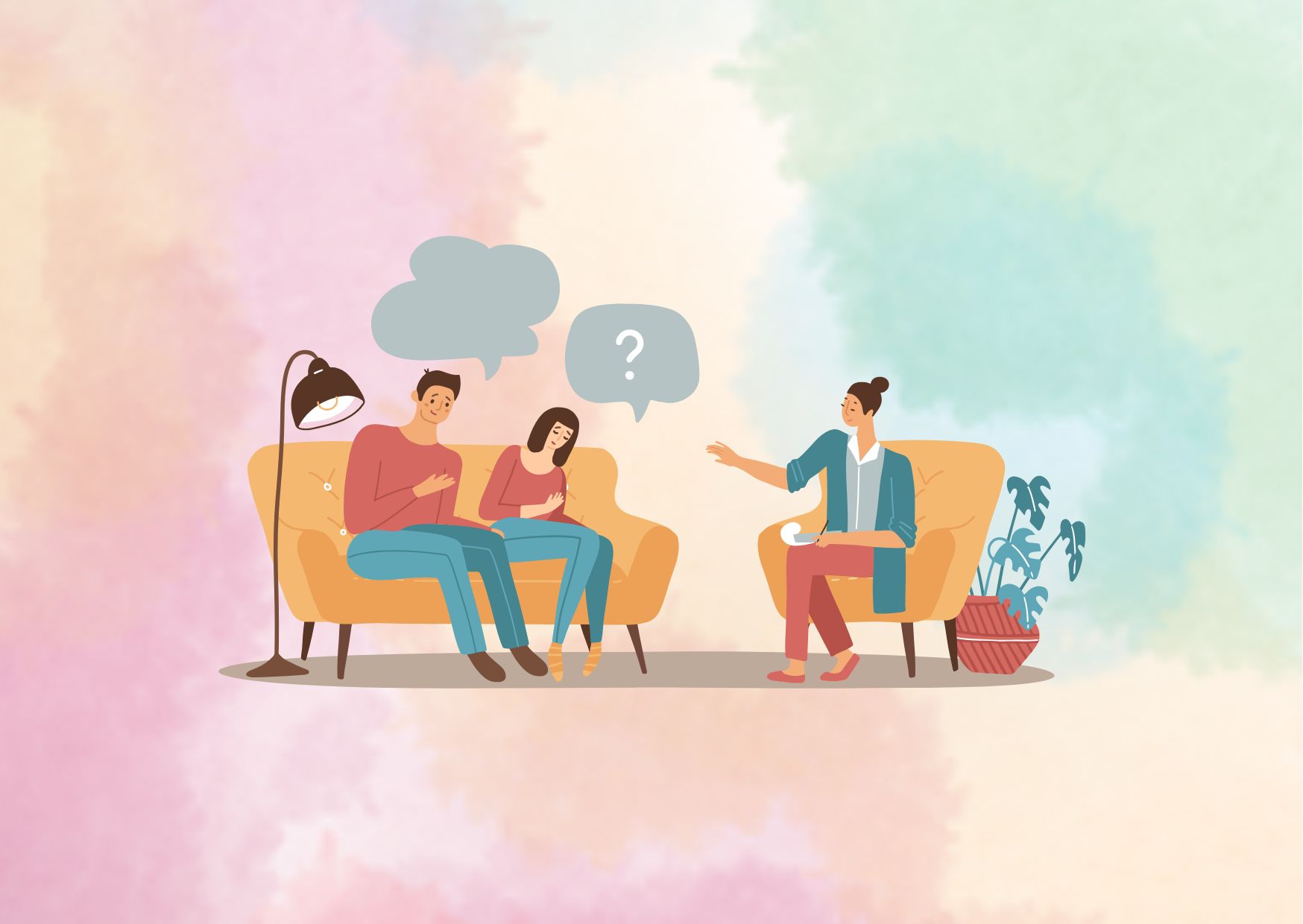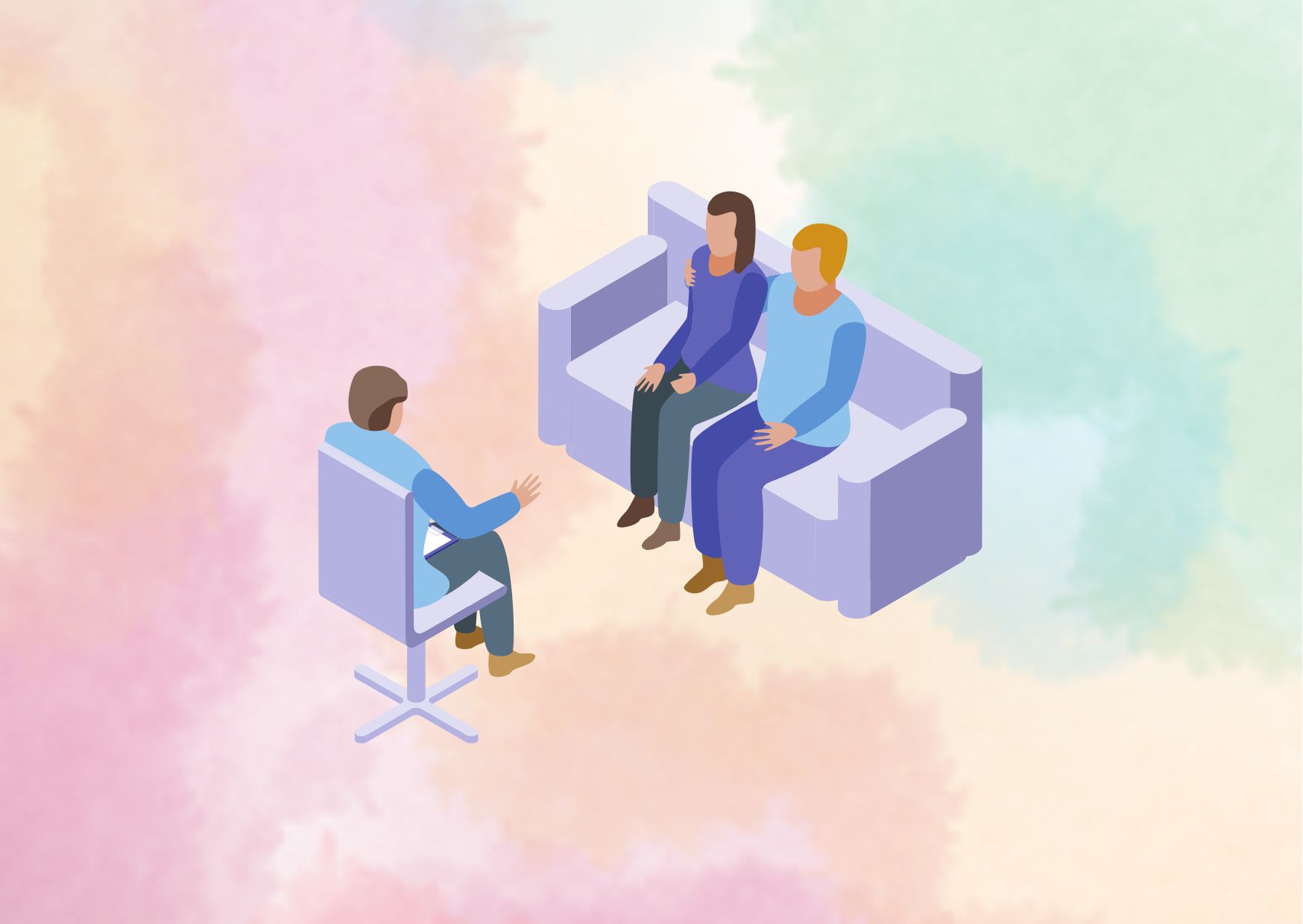How to Choose the Best Online Couples Counseling for Your Relationship
Relationship challenges affect every couple, but taking the first step toward professional help can feel overwhelming. The emergence of online couples counseling has made it easier than ever to access relationship support from the comfort of your home.
Finding the right online couples counseling service requires careful consideration of several factors, from therapist qualifications to platform security and costs. This comprehensive guide walks you through everything you need to know to choose the best virtual relationship support for your specific situation. We’ll explore the key aspects of online therapy platforms, helping you make an informed decision that could strengthen your relationship.
Understanding Online Couples Counseling Basics
Online couples counseling represents a modern evolution in relationship therapy, offering professional support through digital platforms. This type of therapy, also known as virtual relationship counseling, connects couples with licensed therapists through video sessions, messaging, or voice calls.
What is virtual relationship therapy
Virtual relationship therapy provides the same core elements as traditional couples counseling but delivers them through digital means. Licensed therapists work with couples to explore relationship challenges, improve communication skills, and build stronger foundations for their partnership. Sessions typically involve both partners engaging with a therapist in real-time through secure video platforms, where they can discuss concerns and work on relationship-building exercises from their preferred location.
Benefits of online vs traditional counseling
Online couples counseling offers several distinct advantages over traditional in-person therapy:
- Enhanced Convenience: No commute time means easier scheduling, especially for couples with conflicting work schedules or childcare responsibilities
- Increased Comfort: Participating from home creates a safe, familiar environment that can help couples open up more easily
- Better Skill Integration: Practicing communication techniques in your own space helps translate these skills into daily life
- Flexible Format Options: Couples can choose between video sessions, messaging, or voice calls based on their preferences
- Long-Distance Friendly: Partners in different locations can participate together, making it ideal for long-distance relationships
Research shows that online couples therapy can be just as effective as traditional face-to-face counseling, with studies indicating high satisfaction rates and positive outcomes in relationship improvement.
Signs you’re ready for couples counseling
According to relationship experts, several key indicators suggest it’s time to seek professional help:
Communication Challenges:
- Fear of discussing certain topics
- Ongoing unresolved arguments
- Negative communication patterns that leave partners feeling dismissed or shamed
Relationship Dynamics:
- Lack of emotional or physical intimacy
- Trust issues or keeping secrets
- Power struggles and constant competition
- Feeling disconnected or living parallel lives
Most couples wait an average of six years after problems begin before seeking help. However, early intervention through online couples counseling can prevent further relationship deterioration and build stronger foundations for lasting connection.
Evaluating Platform Security and Privacy
When sharing intimate relationship details online, security becomes paramount. Understanding the privacy measures of online couples counseling platforms helps ensure your sensitive conversations remain confidential and protected.
HIPAA compliance requirements
Online therapy platforms must adhere to strict Health Insurance Portability and Accountability Act (HIPAA) regulations. These federal guidelines establish stringent standards for protecting sensitive patient information. Before choosing a platform, verify that it’s HIPAA-compliant and has signed Business Associate Agreements (BAAs) with its technology vendors. This ensures all parties involved in handling your data are legally bound to maintain its confidentiality.
Data protection measures
Modern online therapy platforms employ multiple layers of security to protect your sessions and personal information. These typically include:
- End-to-end encryption for all video sessions and messages
- Secure, encrypted databases for storing session notes
- Multi-factor authentication for account access
- Regular security assessments and updates
- Secure data backup systems
Best Practices for Users: Always use a private, secure internet connection for your sessions, create strong unique passwords, and ensure you’re in a private location during video calls. Avoid public Wi-Fi networks, which can be vulnerable to security breaches.
Privacy policies and user rights
Reputable online counseling platforms maintain transparent privacy policies that clearly outline how they collect, use, and protect your information. These policies should detail:
Data Management: Understanding what information is collected, how it’s stored, and when it’s deleted is crucial. Platforms should provide clear information about data retention periods and disposal methods.

